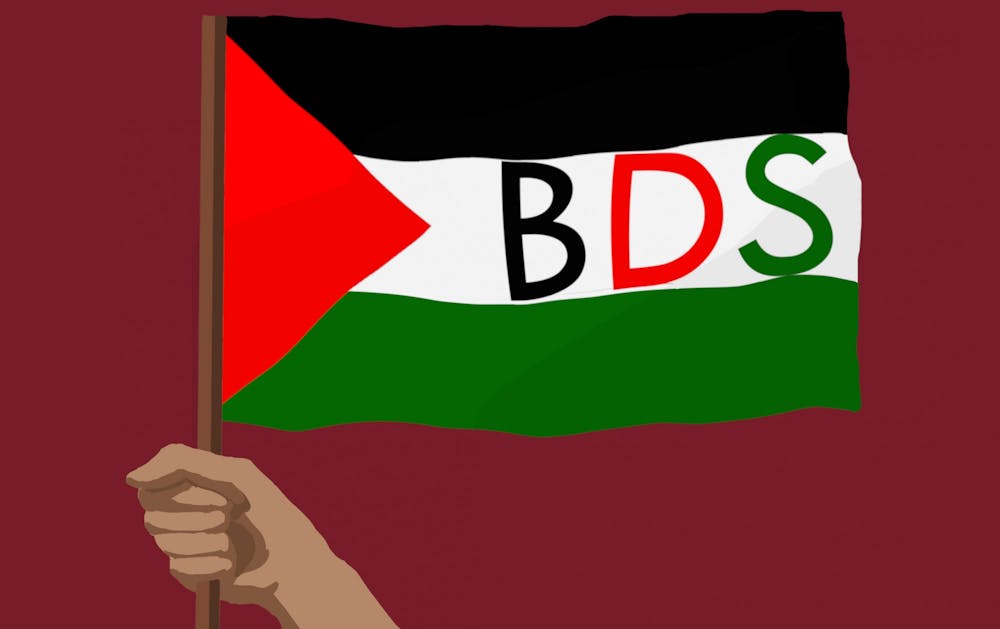Boycott, Divestment and Sanctions, or BDS, is a movement in support of the struggle for Palestinian Liberation. Palestine is a nation that is being occupied by the colonial state of Israel and one whose people are dying at the hands of the U.S. backed Israeli government.
ASU is part of a long list of universities that are invested in Israel and have not recognized the systematic genocide occurring at the hands of the Israeli government.
To change this, the ASU chapter of Students for Justice in Palestine has been at the forefront of this struggle at the University. The organization is encouraging student clubs to sign a BDS resolution, and student clubs should sign this resolution because it would expose the human rights violations being committed by Israel toward Palestinians.
"We're getting organizations on board to pass BDS resolutions for their clubs and organizations and then to present it to USG and say that as a community we would like to boycott Israel," said Maria Harris, a senior studying theater and president of SJP at ASU.
LETTER TO THE EDITOR: Students should boycott against Israeli influences
As far away as Palestine may seem to us here at ASU, it’s important to note just how much impact the University has in this conflict.
"There is an occupation by the Israeli state in Palestine," said Jim Wisehart, a senior studying philosophy and social media chair for SJP. "(Palestinians are) asking the international community to boycott Israeli goods, divest from any companies that do business in Israel and then to sanction the state itself."
As an immediate course of action, student clubs here at ASU can sign the organization's BDS resolution to contribute to the end of Israel's occupation of Palestine. As the largest public university in the country, the impact of this resolution passing can set an example for other universities in taking the Anti-Apartheid side of this conflict.
It's important to note that any club can sign this resolution, not just politically oriented clubs.
When clubs sign the BDS resolution, they also agree to not work or stand by student clubs that support human rights violations in Palestine, such as SunPAC — the on-campus group recognized by the American Israel Public Affairs Committee as an "Activist of the Year."
When speaking about the issue of Israel-Palestine itself, Harris said that this conflict is strictly based on human rights.
"As a person of color affected by colonialism, I want to help other people around the world affected by colonialism," they said. "I've always seen SJP as simply a human rights organization. The (occupation) is a human rights problem."
Harris also stressed that it's not just about getting the BDS resolution passed by USG and adopted by ASU administration, but it's about spreading awareness and building popular support for Palestine on campus.
"Ultimately what we need to do is to just bring people together around campus and in awareness of what’s going on in Palestine," said Wisehart.
Clubs can take immediate action in support of the freedom of Palestine at ASU by getting involved with SJP on campus and signing the resolution. Any show of support for the liberation of Palestine can end the mass human rights violations being perpetrated by Israel.
Reach the columnist at amisais@asu.edu or follow @comradealexia on Twitter.
Editor’s note: The opinions presented in this column are the author’s and do not imply any endorsement from The State Press or its editors.
Want to join the conversation? Send an email to opiniondesk.statepress@gmail.com. Keep letters under 500 words and be sure to include your university affiliation. Anonymity will not be granted.
Like The State Press on Facebook and follow @statepress on Twitter.




